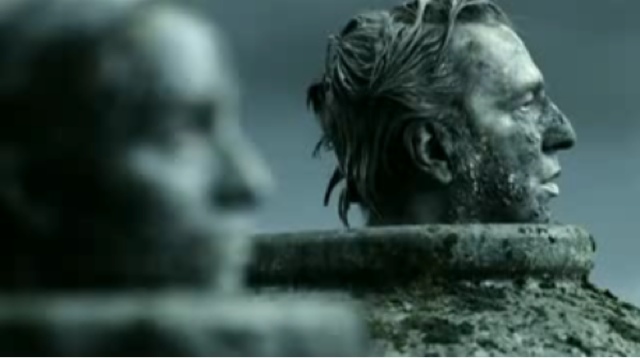Everyman was on our reading for Theorizing, so I thought this would be a good opportunity to read a couple more morality plays (why not, right?). I grabbed an anthology with three; Everyman, Mankind, and Mundus Et Infans.
Mankind was up first. Despite being attributed to somewhere 1400-1600 England, I was struck by just how modern the evil characters come across. Nought, Newguise and Nowadays, along with Mischeif, are not at all unlike the "bad" characters we still see in movies today. I was also surprised, given the religious attachments of Moral Plays, at the vulgarity of their actions. They were no less crude than some of Shakespeare's base characters, with no lack of penis jokes. The other thing that sort of stood out was the shock factor of these characters; almost like pre-Artaud shock. I don't know a lot about his influence, but for some reason reading this I thought of him.
Mankind was up first. Despite being attributed to somewhere 1400-1600 England, I was struck by just how modern the evil characters come across. Nought, Newguise and Nowadays, along with Mischeif, are not at all unlike the "bad" characters we still see in movies today. I was also surprised, given the religious attachments of Moral Plays, at the vulgarity of their actions. They were no less crude than some of Shakespeare's base characters, with no lack of penis jokes. The other thing that sort of stood out was the shock factor of these characters; almost like pre-Artaud shock. I don't know a lot about his influence, but for some reason reading this I thought of him.











